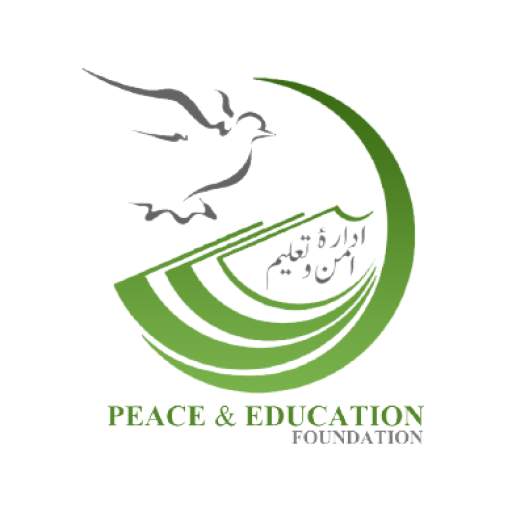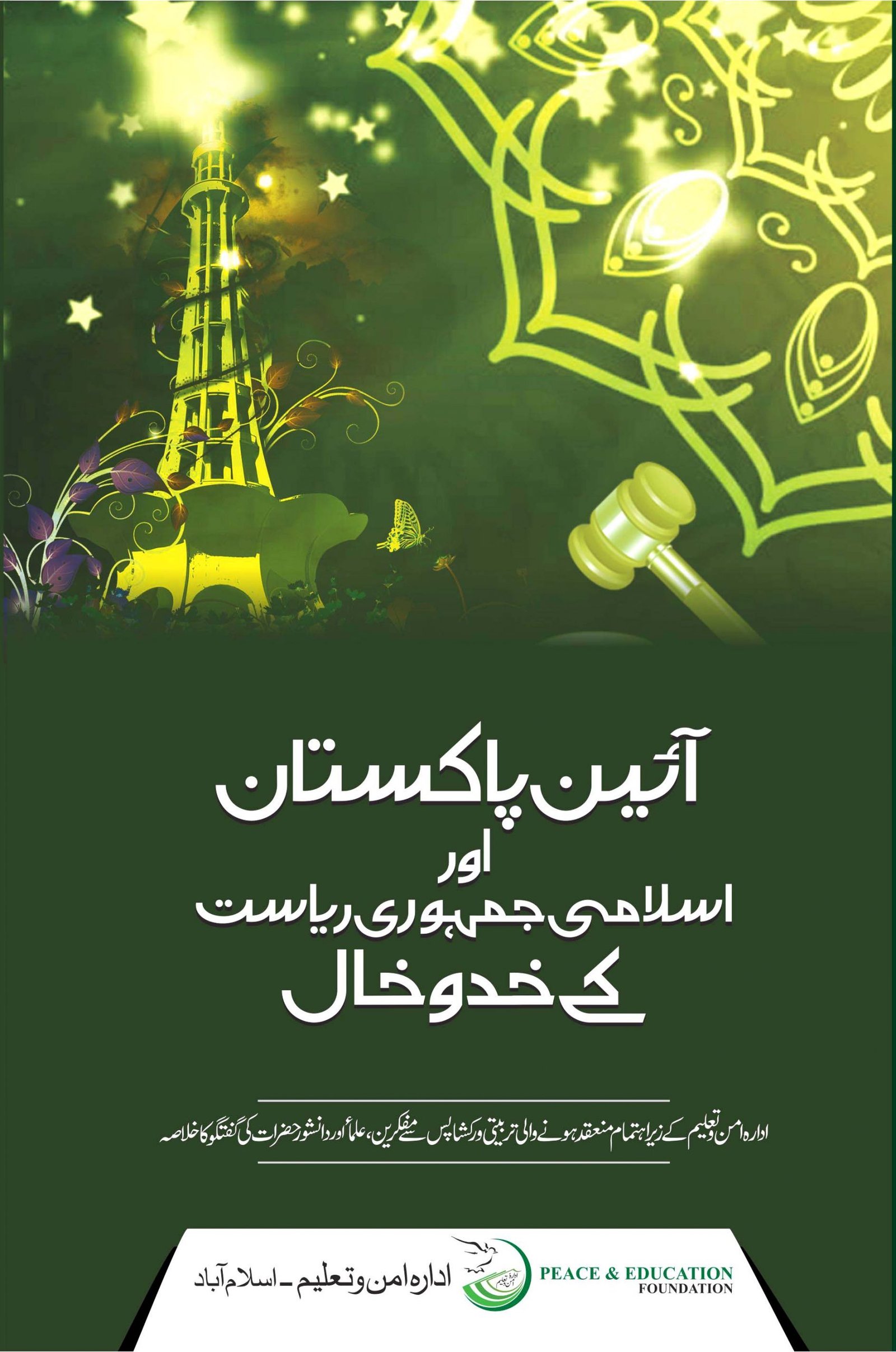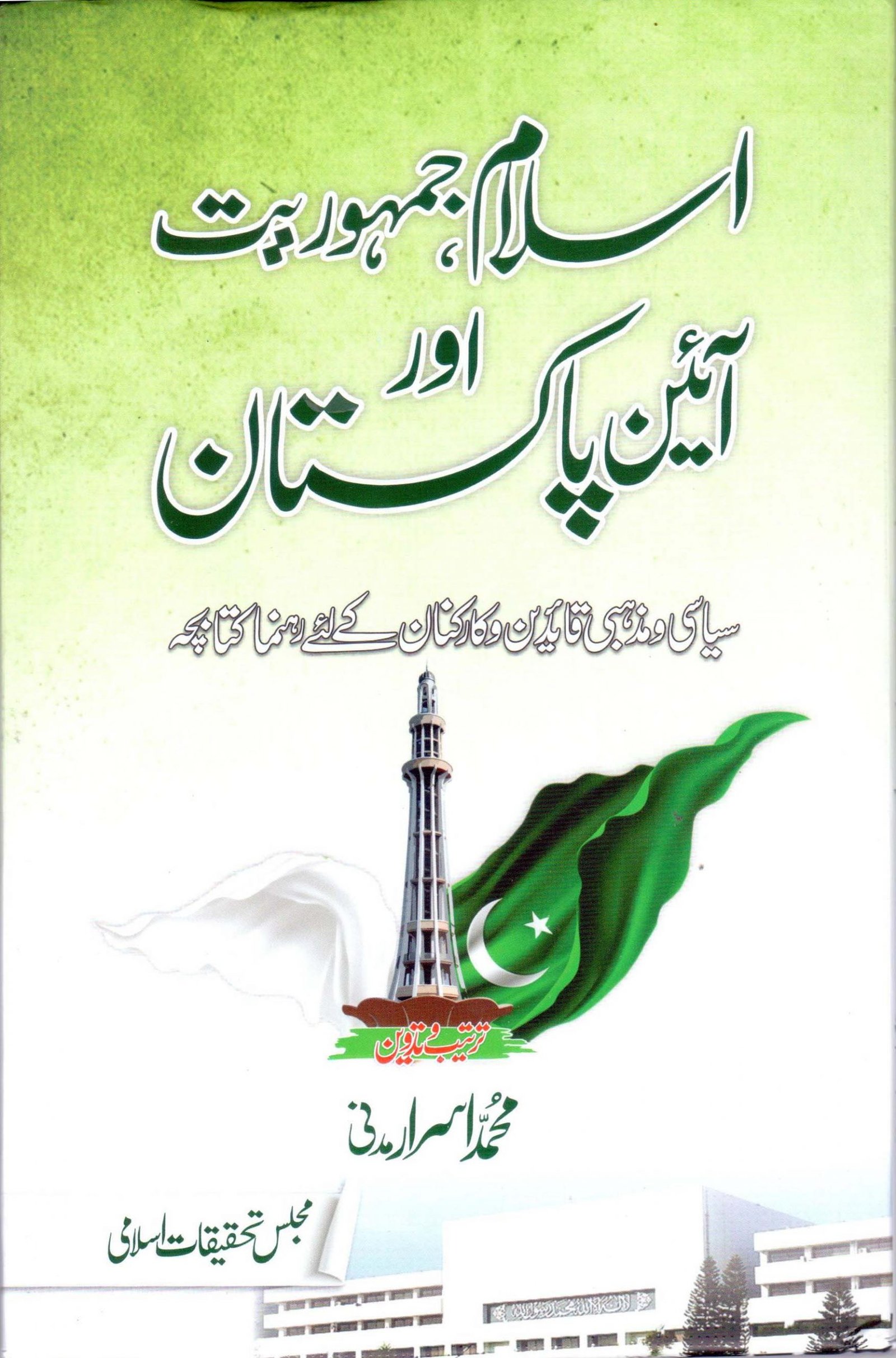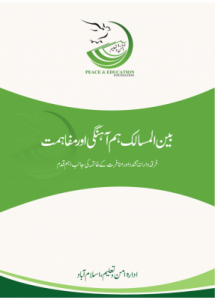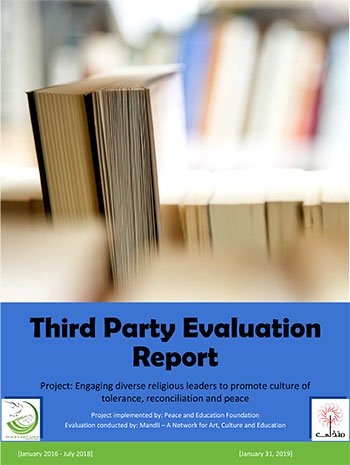PEF’s Interfaith Training Workshops are intended to help religious leaders overcome one of the biggest challenges of interfaith dialogue: the ability to actively listen to others and understand their perspective. These workshops are designed with the presumption that people have a tendency to interpret others’ beliefs misleadingly, which often leaves little room for those with first-hand knowledge to dispel stereotypical myths about their faith.
In this story, we share the testimony of a chief religious leader from Kohat KPK, who is well versed in Islamic theology, scriptural language and Islamic law. He also wrote a Tafseer (exegesis) of the Quran in the Pashto language. Prior to attending the workshop, he had concerns about interfaith gatherings and believed that they should be restricted to only Muslim scholars, especially if the issue of minority rights were to be discussed. However, after attending the workshop and interacting with non-Muslim religious leaders, his views took a different turn.
“It is not a given that every Muslim is going to be a good human being. Good or bad people can be found in every religion. We shouldn’t judge or interpret a religion based off of one man’s actions or deeds. During these workshops, I realized that I simply cannot continue rejecting others people’s’ views for the sake of being unfriendly”
After the workshop, he realized that hatred towards others, especially those with opposing views, does not make one religious. While expressing his thoughts on the documentary, he said,
The video was very useful and it relates to my own personal story. I became aware of the power of pulpits. If they choose to, religious leaders can make our world a living hell with extremist ideas or a paradise by promoting peaceful messages. If we are irresponsible and can’t serve as role models, our followers will turn to violence. If we are morally sound and responsible human beings, the pulpit will continue to serve as a symbol of tolerance and peace.
The outcome of these workshops have revealed that if interfaith dialogue is facilitated in a safe, judgment-free environment where participatory methods are used, then religious leaders aren’t afraid to overcome their biases and engage with their counterparts in a peaceful manner.
